I threw a picnic in our garden the other day. We were busy with all…
A pub with county borderline in it
Yes, you read it well: there is a pub in England (in fact there might be more, but I am only aware of this one) which is divided by a county borderline.
Something like this can only exist in England! 🙂 Bill had mentioned to me some time ago, that he used to go and play darts in this pub, but I did not pay too much attention to be honest. Not until last weekend when we were driving by the pub and he said, “By the way, this is the pub which…” It goes without saying, I asked him to turn back immediately so that we can stop and have a look.
Those country roads…
In the world of motorways, we do not really think about how important old country roads were in the past. Like almost everything in England, country roads too hide treasures and have legends. Such country road is the London to Portsmouth Road (later the A3) which connected London, the centre of business and night life with the Southern seaside town. Horse drawn coaches had to pay toll for different sections of the road which had to be paid at tollgates (toll houses). In the 18th century milestones were introduced so that travelers could navigate easier and coaches could keep to schedule. The most important buildings however were the inns and pubs along these roads where both horses and travelers could have a rest on this long and exhausting trip (bear in mind this trip took 9 hours by the fastest coach, today it takes 2 hours by car). This trip was challenging not only because of the duration but because it lead over hills which was obviously strain for the horses. The two biggest stops on this road were the Red Lion in Petersfield and the Anchor in Liphook and the quirkiest stands along this road as well.
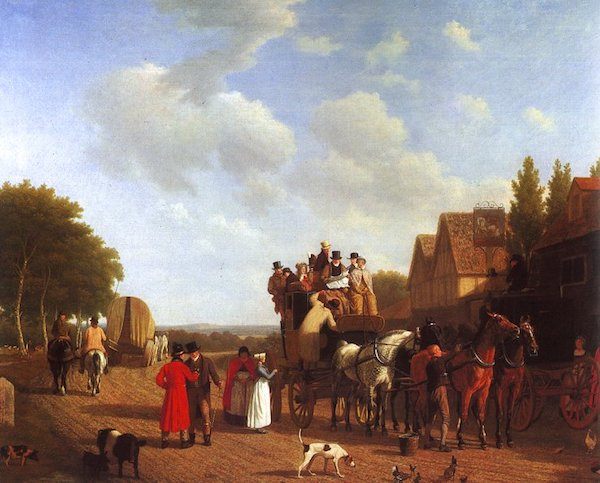
The Devil’s Punchbowl
So the trip was long and exhausting and sometimes even dangerous as highwaymen often attacked travellers on the roads. This road was built along the Devil’s Punch Bowl which is scary in itself already, isn’t it? Apparently, Sir Arthur Conan Doyle used to walk there and his book “The Hounds of Baskerville” was inspired by the Devil’s Punch Bowl. There are several legends existing about the origin of the name of this geographical form, but I like the one which says that the Devil is cooking his punch in the hollow and in the morning the mist symbolizes the punch which is steaming. After all this, is it surprising there was a famous murder in the 18th century…?
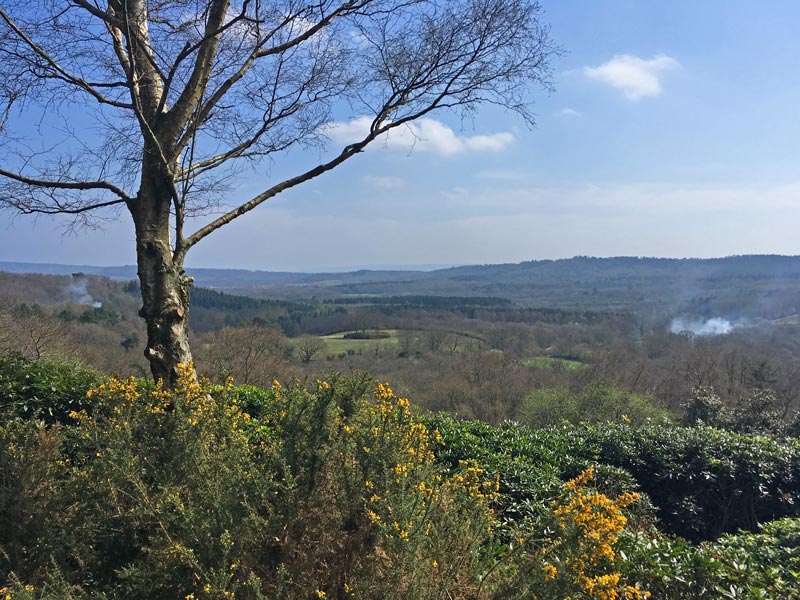
Highway Murder
The so called “Highway Murder” is well known by locals even today. An unknown sailor was on his way from London to Portsmouth on 24th September 1786. He stopped at the Red Lion in Thursley and generously paid for the meal and drink for three other sailors and then left. Unfortunately, he was never seen alive again. The three sailors followed him and killed him at Hindhead Hill. They set off to Portsmouth, but soon were arrested when they tried to sell the killed sailor’s clothes in the Sun Inn at Rake. Others said it was the Flying Bull.
The Flying Bull
So The Flying Bull has a link to the Highway Murder story, plus is divided by the county borderline. Isn’t it quirky? As the Sun Inn in Rake is closed, we can forgive the Flying Bull in Rake presenting the story as their own – at least the legend lives further.
When we stepped into the pub, Bill had a nice chat with the waitresses about the old days when pubs in one of the counties (they could not recall anymore whether it was Hampshire or West Sussex) had to close at 10pm and in the other county at 10:30pm. So after 10pm guests moved to the other side of the pub where the opening hours were longer! 😀 And it is true! It worked like that. I cannot believe something like that existed. I was slightly disappointed that the pub had little marketing about this quirky and unique feature, because I genuinely believe people would drive to Rake from London just to see this quirky pub – at the end of the day, so did I and I do not even like beer! I was reassured, the pub was going to visualise the borderline in the pub much better. I do hope they will because this deserves more attention than one single sentence on the website.
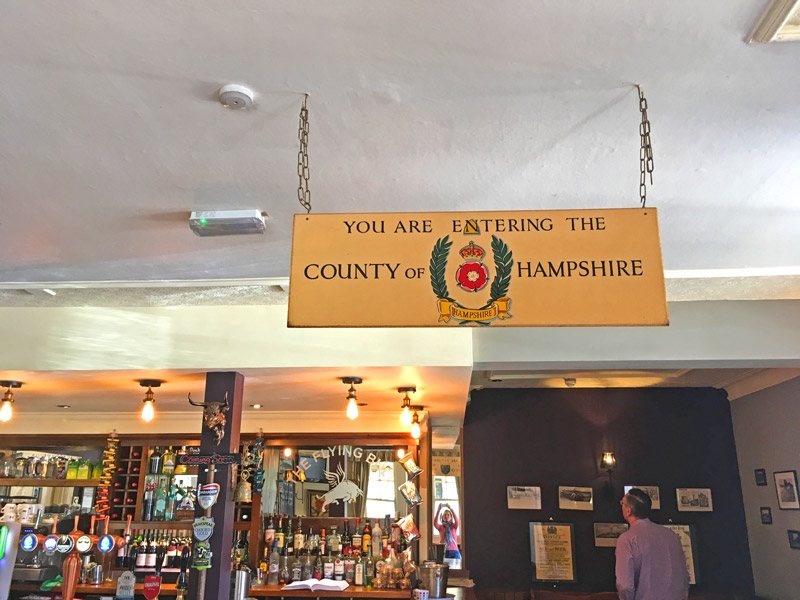
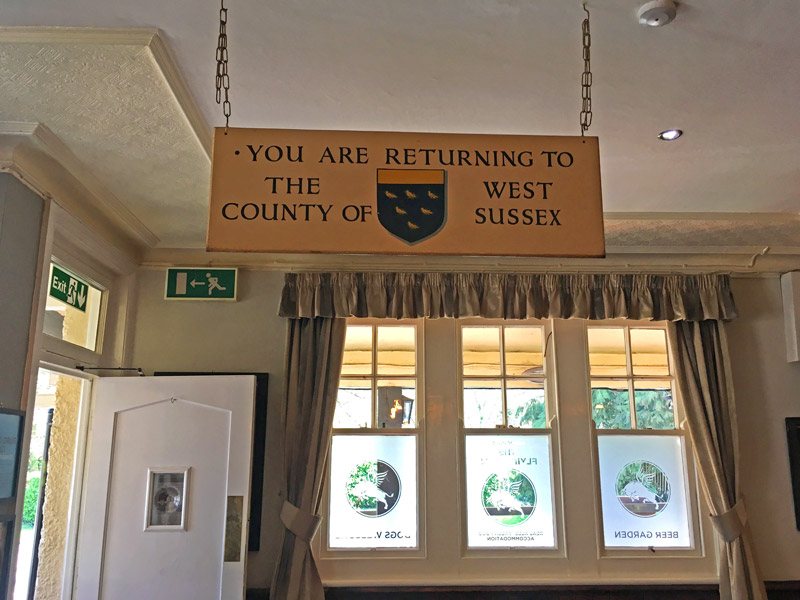
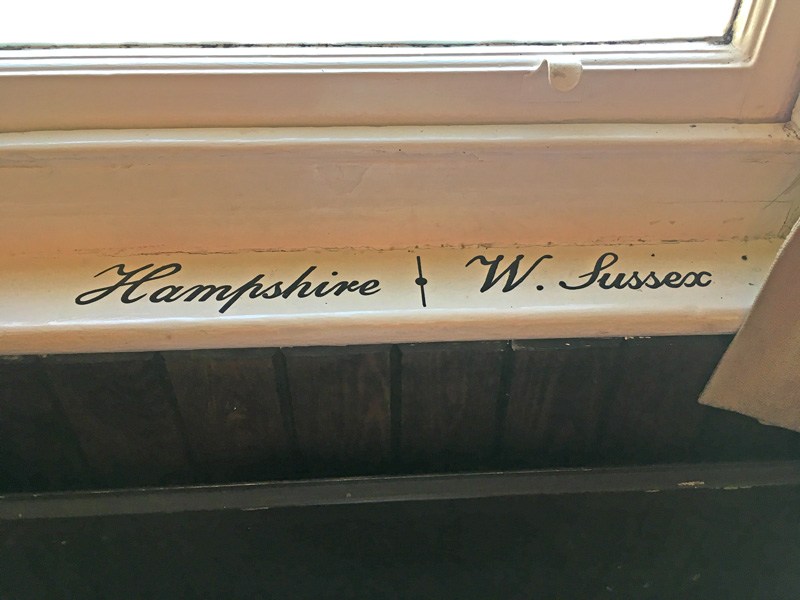
Which county is this pub registered then? According to the website it is in Hampshire, but as I would say “the Devil knows”…
~
PS: The murderes were later hung on Gibbet Hill. After the hanging many locals had fears and superstion, so Sir William Erle paid for a Celtic cross to be erected on the hill to raise the local spirits and have some positive energy. Because of the railway country roads lost their importance in the mid 19th century.

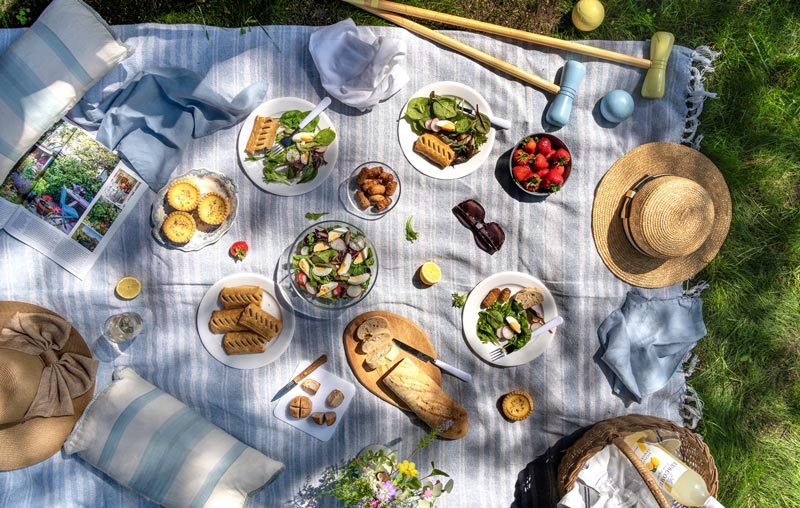
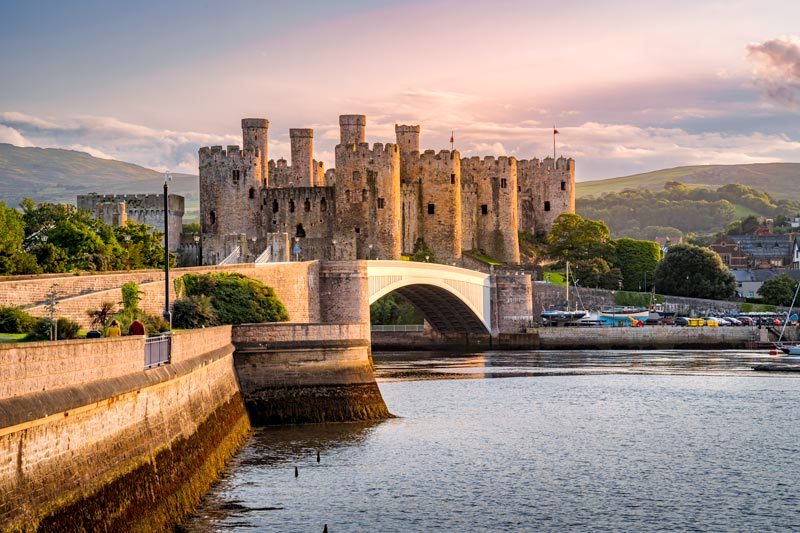
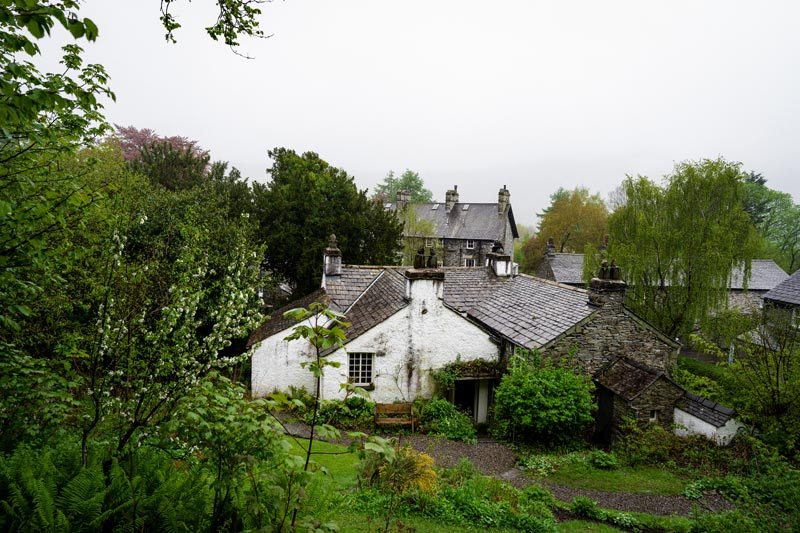
Comments (0)